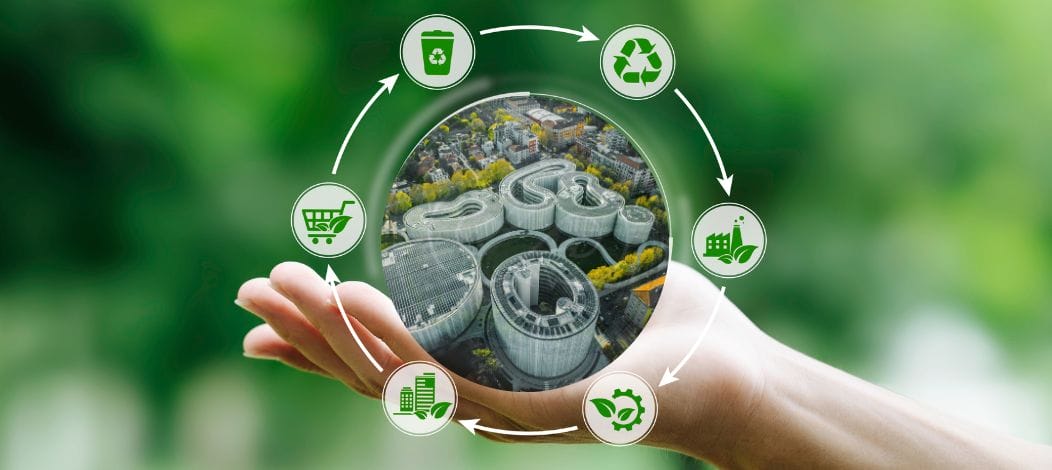Login Account
To view the article please login or create an account
- Clothing & Footwear
- Ethical Consumption Trends
- Food & Drink
- Personal & Household Care
Circular Cities: Milan’s Path to a Sustainable Future – Oct. 2024

Why does circularity matter?
Does it ever feel wrong to throw things away? This instinct reflects a growing need to embrace a circular economy. Today, the outdated “take-make-use-dispose-pollute” model generates over 2.6 billion tons of waste each year in the EU (Eurostat, 2021). Interestingly, 77% of Europeans would prefer to repair items rather than replace them. Yet, many end up discarding or replacing products due to high repair costs and limited service options (Eurobarometer, 2020). Clearly, these challenges highlight our need for sustainable alternatives that emphasize reusing, sharing, and recycling.
Cities, as major resource consumers and waste producers, play a crucial role in this shift. Across Europe, many are leading the way by rethinking waste as a resource. Milan, for example, stands out for its transformative projects spanning diverse sectors, from fashion and food to furniture.
Milan’s circular initiatives: a blueprint for the future
Milan’s circularity strategy is as forward-thinking as it is ambitious. The city has launched numerous initiatives focused on minimizing waste and optimizing resource efficiency. The city has introduced numerous initiatives to minimize waste and enhance resource efficiency. The Etikord team observed this commitment first-hand at the Falacosagiusta conference in 2024. A notable example is the Milan Urban Food Policy Pact, which actively addresses food waste. Innovations like BOTTO, an IoT platform, connect surplus food suppliers with those in need, reducing waste effectively.
In the fashion and design sectors, projects like Centrinno and Reflow combine Milan’s identity as a style capital with circular principles, showcasing sustainable solutions. Moreover, everyday waste reduction efforts include projects like Prima-Seconda, which transforms leftover bread into beer, and Food Market 4.0, which optimizes the distribution of fresh produce. Together, these initiatives underscore Milan’s dedication to tackling urban challenges with creativity and resourcefulness.
The power of collective action
Milan’s circular economy framework rests on three core principles: reduce, reuse, and recover. These pillars guide municipal policies and foster collaborations between public and private sectors, reimagining traditional economic models to make circular practices a reality. For instance, “Reduce” initiatives, including Zero Barra Centro and AppCycled, aim to cut waste at its source by encouraging eco-friendly alternatives. Meanwhile, the “Reuse” pillar is powered by start-ups like Circularity and Opendot, which demonstrate how businesses can integrate reuse into their core models, turning used items into valuable resources. Finally, the “Recover” pillar shines through the efforts of groups like Di Nuovo and Ecoskate, which creatively repurpose discarded items into new, functional products. Overall, these initiatives emphasise Milan’s message: collaborative action across sectors is crucial for achieving a truly circular economy.
Milan’s journey exemplifies the influential role of cities in advancing circularity. To foster this transformation across Europe, active participation from citizens, businesses, and governments is therefore crucial. Only by working together can we build communities that champion sustainability and embrace circular practices.
Other Posts


Interested in writing for the community?
Your contributions will nourish our collective intelligence and ignite constructive debates.
Write with us!
